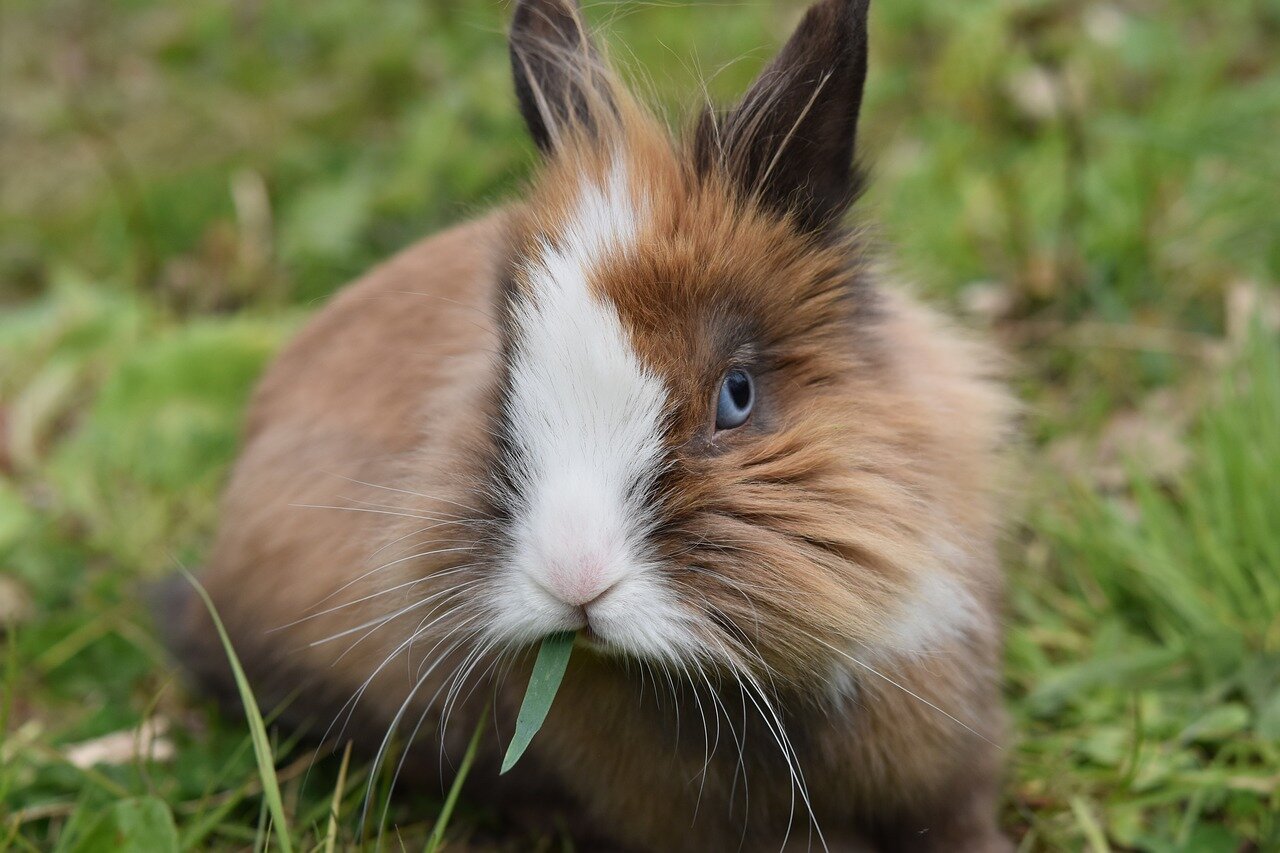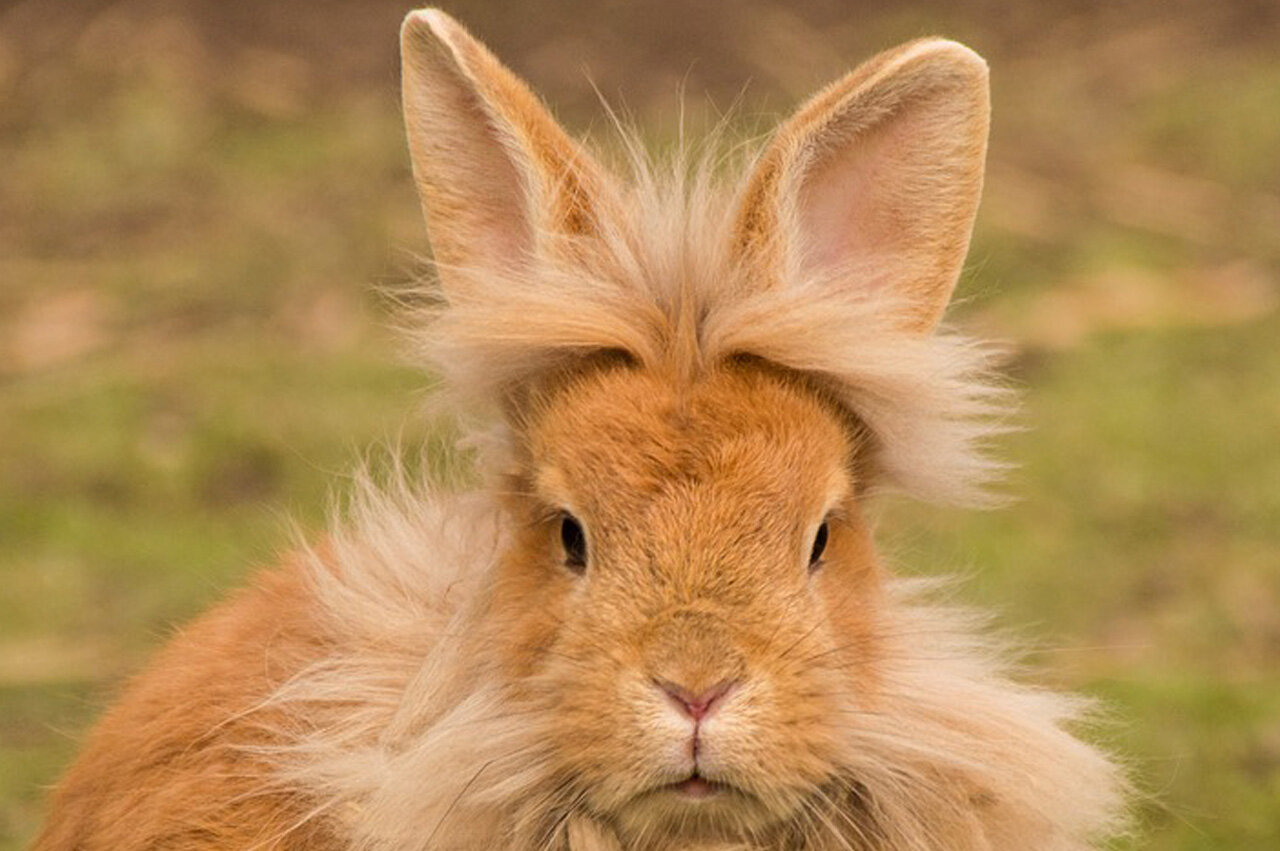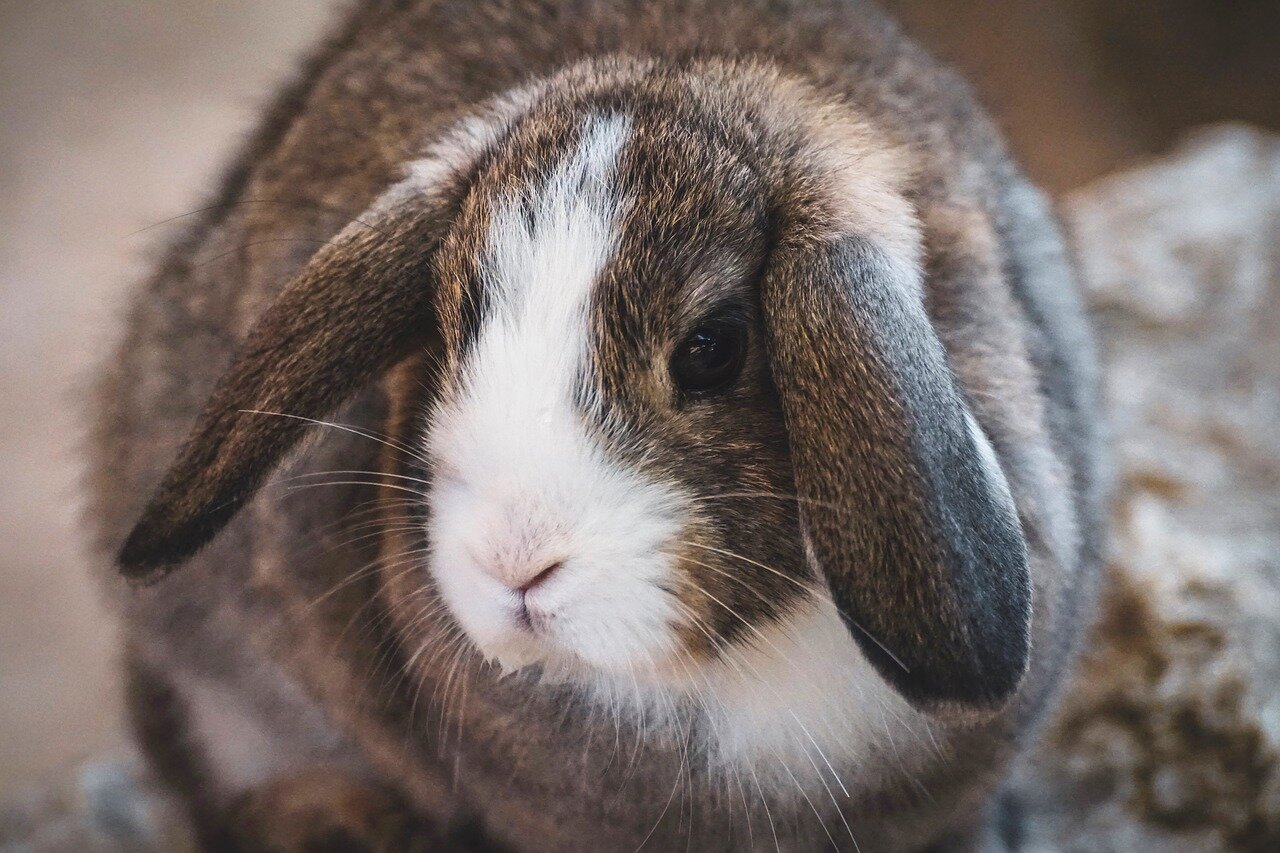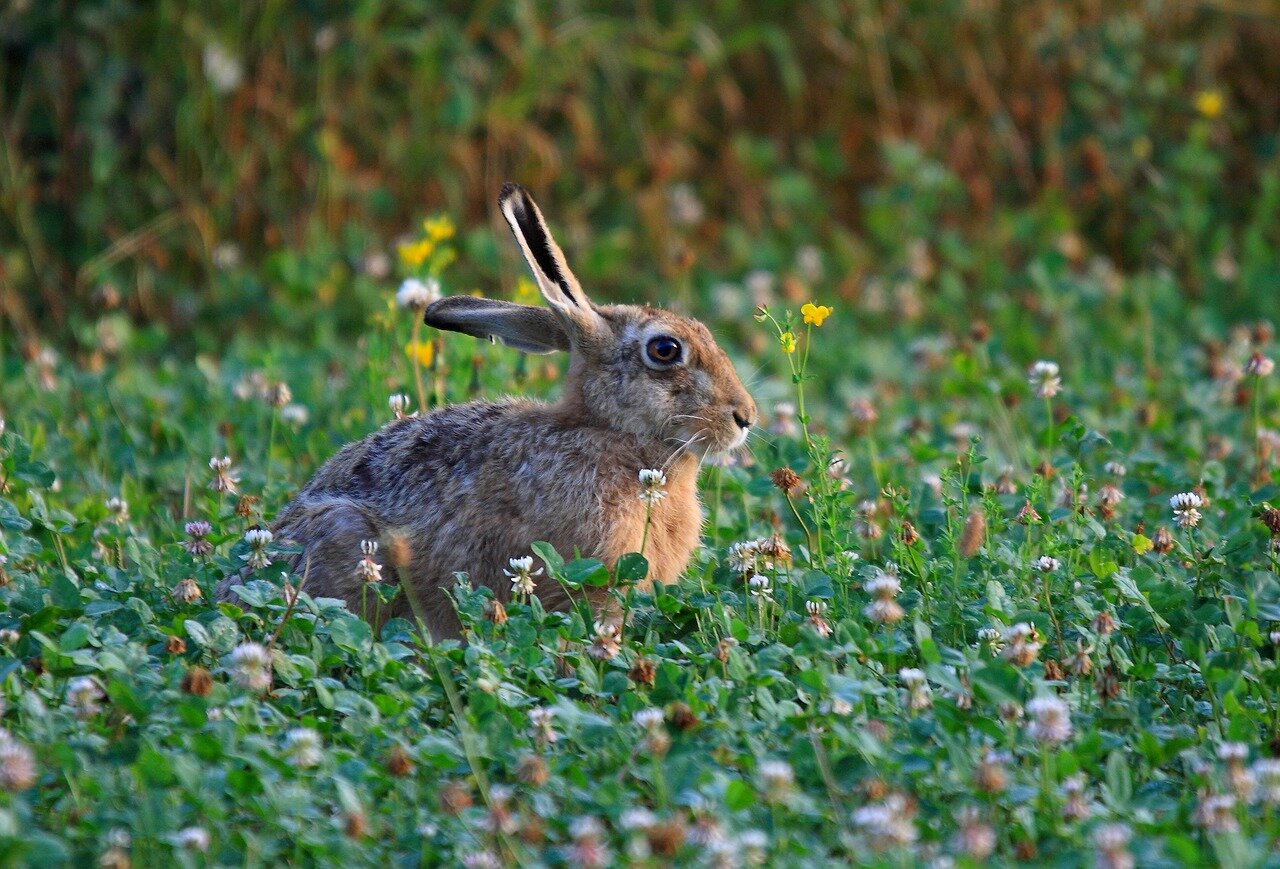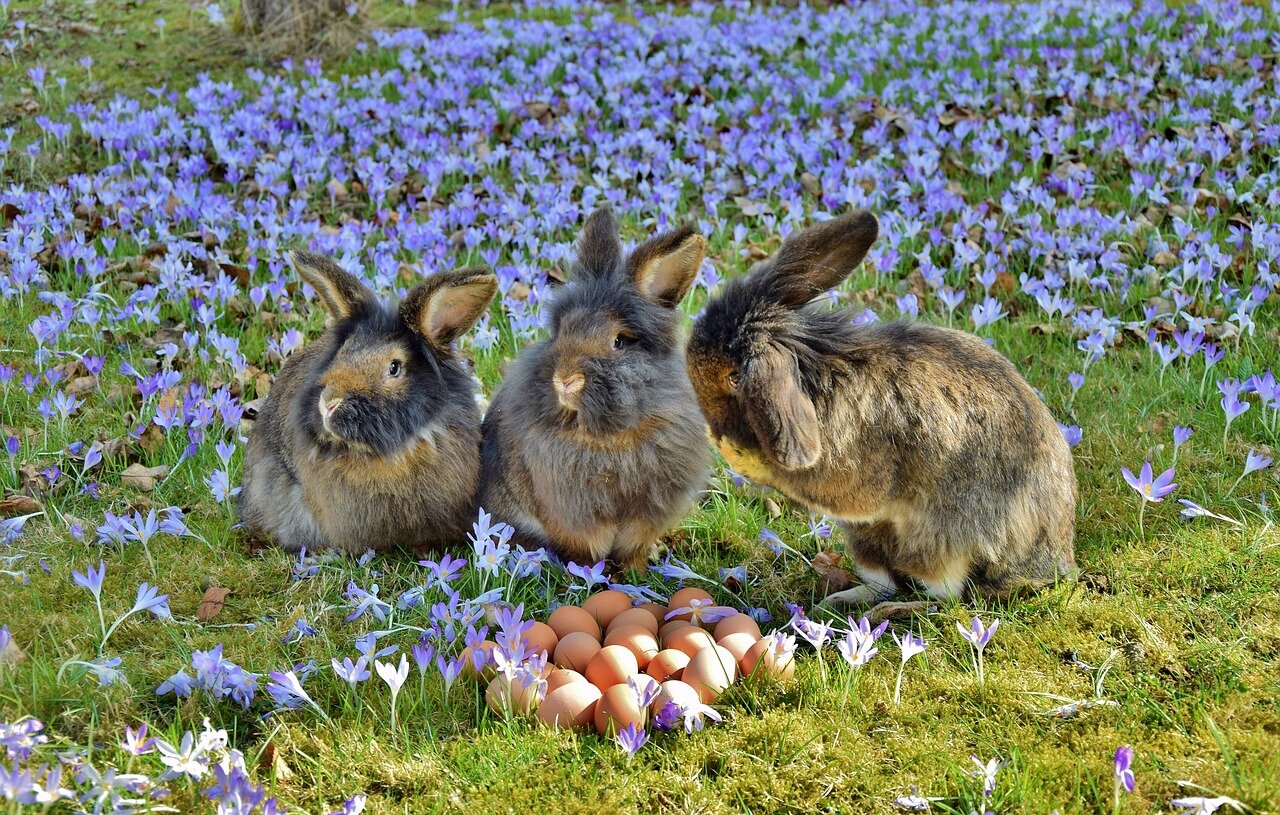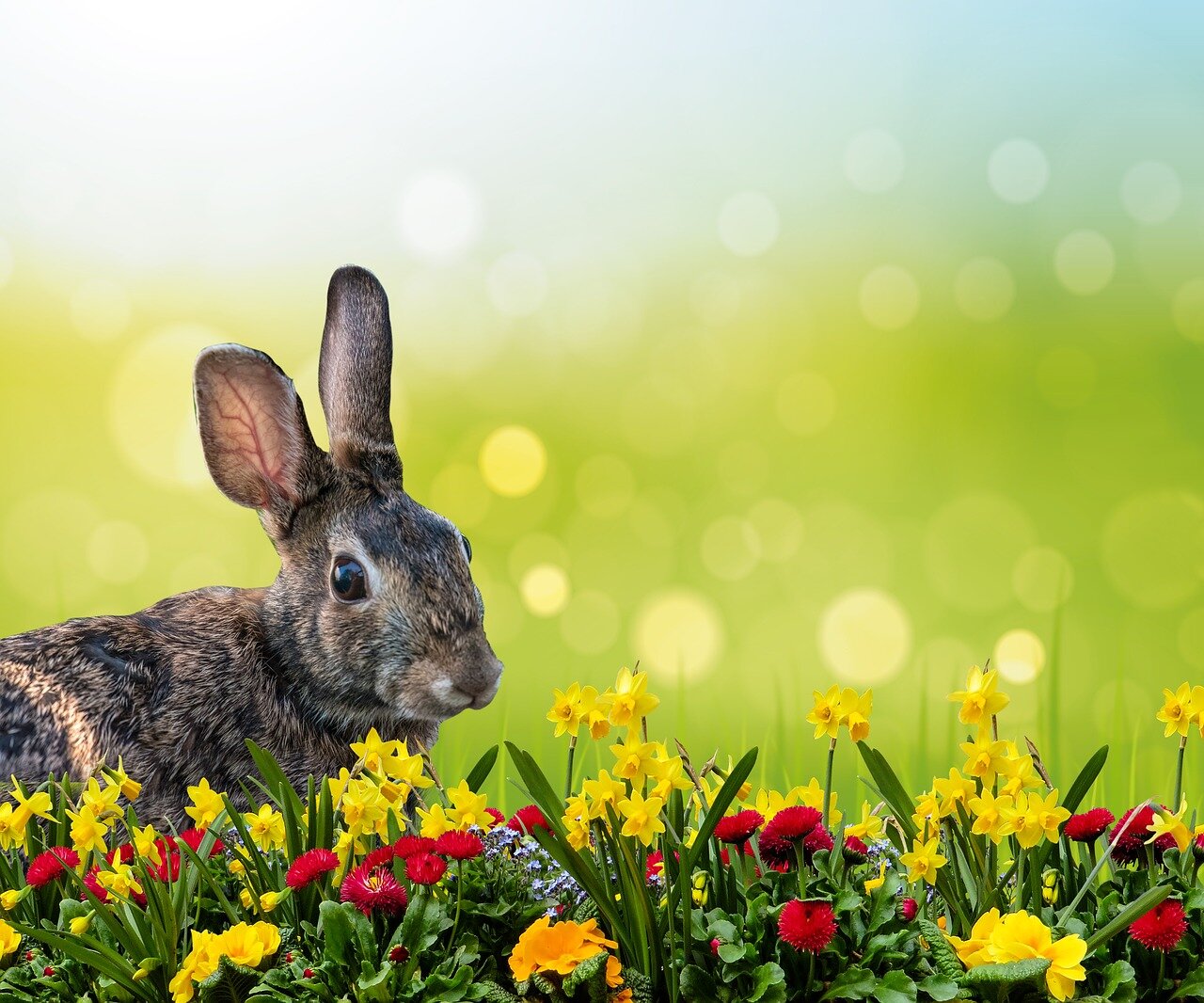Rabbit Care
Vaccinations
At Darwin Vet we strongly recommend that your rabbit is vaccinated when young, with ongoing immunity then provided by annual booster vaccination. There are numerous highly infectious (and potentially fatal) diseases that can affect your rabbit. Some have no effective treatment, but the good news is that you can provide protection with vaccination and regular annual boosters.
A vaccination for the main disease affecting rabbits in the NT can be given from five weeks of age to protect against:
Viral Haemorrhagic Diseases (VHD)
This awful disease can affect rabbits over six weeks old, and unfortunately most infected rabbits die.
We recommend an annual booster vaccination to give your friend ongoing protection throughout their life.
Microchipping
We recommend microchipping at the time of desexing, if not before. A microchip is a small, rice grain sized silicon chip inserted under the skin between the shoulder blades. It stores your rabbit’s personalised number and lasts for the life of the animal. This number is registered on an Australia-wide database. When a Veterinary Clinic, Animal Shelter or local Council scans a lost rabbit the microchip number will be linked to your personal contact details, enabling your bunny to be quickly returned to you.
Remember that your rabbit will still need to be registered with the local council.
Desexing
With animal charities dealing with hundreds of thousands of unwanted pets each year, responsible owners know that it makes sense to avoid unwanted pregnancies. The rumours about rabbits are true. They breed like, well, rabbits. So, housing un-neutered rabbits together will usually result in more rabbits.
Unless you are specifically planning to breed from your rabbit, we strongly recommend that you have them neutered (removing the reproductive organs).
In males the procedure is called ‘castration’ – we remove the testicles and the spermatic cord so that your rabbit cannot father any offspring. Castration also removes the risk of testicular cancer. The testicles are the main producer of the hormone testosterone, which can influence behaviour. By removing them, the level of testosterone in the blood is reduced, which should reduce dominant behaviour such as fighting and spraying.
In females the procedure is called ‘speying’. We remove the ovaries and the womb (the uterus) so the female can’t produce any eggs, come into season or become pregnant. It is thought that up to 80% of unspeyed female rabbits over the age of 5 years will develop uterine cancer, so even if she doesn’t have a boyfriend, we would still strongly advise to spey your female bunny.
Both speying and castration are routine procedures and we carry out many of them every year. Most rabbits go home the same day and come back for a recheck two to three days later to ensure that they are healing well.
Flystrike
In hot weather, rabbits are at risk of developing flystrike, a painful and potentially fatal condition where flies lay their eggs on the rabbit, which then hatch into maggots that feed off their host. You can reduce the risk of this condition developing by keeping your bunny clean and well groomed, removing any matted fur or faecal matter that might be stuck to your rabbit’s bottom and checking regularly for sores. If you suspect your rabbit may be suffering from flystrike, bring them to see us immediately.
Dental Care
Your rabbit has at least 28 teeth, which grow around 3mm every week – feeding a diet high in fibre is therefore essential in order to prevent excessive tooth growth. At least three quarters of your rabbit’s diet should comprise good quality grass and hay, as the constant chewing grinds the teeth down to compensate for their permanent growth. Fresh vegetables and rabbit pellets can then make up the rest of your pet’s daily food intake.
We recommend a dental examination for your rabbit every six months to ensure that any problems developing in the gums and teeth are identified early. If any problems are detected we can examine your bunny’s mouth fully, under anaesthetic, and take x-rays to assess the roots of the teeth. This is particularly important for rabbits, as 80% of their teeth are below the gum line. We’ll thoroughly check your rabbit’s mouth for any loose or overgrown teeth and any sharp points and the sores that these can cause. We’ll always discuss the scope of our findings with you so that you are fully aware of the cost implications of any additional action required.
We can offer lots of practical tips and advice to help you maintain the health of your pet’s teeth and gums. Please ask us for our recommendations on suitable foods that will keep your rabbit healthy.


